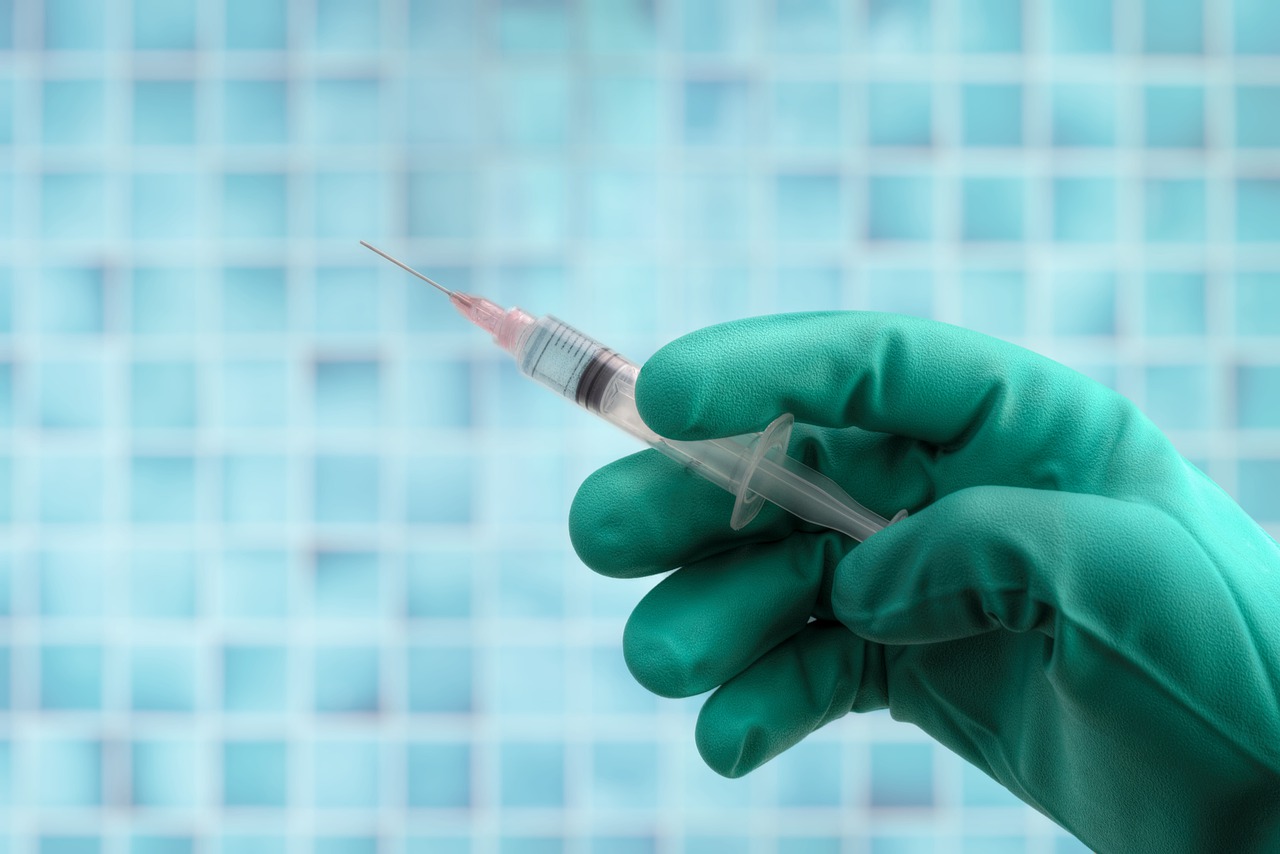Vaccine
A vaccine is a biological preparation that provides active acquired immunity to a particular infectious disease. A vaccine typically contains an agent that resembles a disease-causing microorganism and is often made from weakened or killed forms of the microbe, its toxins, or one of its surface proteins. The agent stimulates the body’s immune system to recognize the agent as a threat, destroy it, and to further recognize and destroy any of the microorganisms associated with that agent that it may encounter in the future. Vaccines can be prophylactic (to prevent or ameliorate the effects of a future infection by a natural or “wild” pathogen), or therapeutic (to fight a disease that has already occurred, such as cancer).
The administration of vaccines is called vaccination. Vaccination is the most effective method of preventing infectious diseases; widespread immunity due to vaccination is largely responsible for the worldwide eradication of smallpox and the restriction of diseases such as polio, measles, and tetanus from much of the world. The effectiveness of vaccination has been widely studied and verified; for example, vaccines that have proven effective include the influenza vaccine, the HPV vaccine, and the chicken pox vaccine. The World Health Organization (WHO) reports that licensed vaccines are currently available for twenty-five different preventable infections.
Source: Wikipedia
All the ingredients of a vaccine play an important role in ensuring a vaccine is safe and effective. Some of these include:
- The antigen. This is a killed or weakened form of a virus or bacteria, which trains our bodies to recognize and fight the disease if we encounter it in the future.
- Adjuvants, which help to boost our immune response. This means they help vaccines to work better.
- Preservatives, which ensure a vaccine stays effective.
- Stabilisers, which protect the vaccine during storage and transportation.
Vaccine ingredients can look unfamiliar when they are listed on a label. However, many of the components used in vaccines occur naturally in the body, in the environment, and in the foods we eat. All of the ingredients in vaccines – as well as the vaccines themselves – are thoroughly tested and monitored to ensure they are safe.
Source: WHO
Vaccine efficacy
The potential of a vaccine to protect from a disease in controlled clinical trials, expressed as a percentage reduction of disease in a vaccinated group of people compared to an unvaccinated group.
Vaccine hesitancy
Vaccine hesitancy refers to delay in acceptance or refusal of vaccines despite availability of vaccination services. Vaccine hesitancy is complex and context specific varying across time, place and vaccines. It includes factors such as complacency, convenience and confidence.
Source: European Comission



OF NATURAL PRODUCTS AND EXTRACTS


